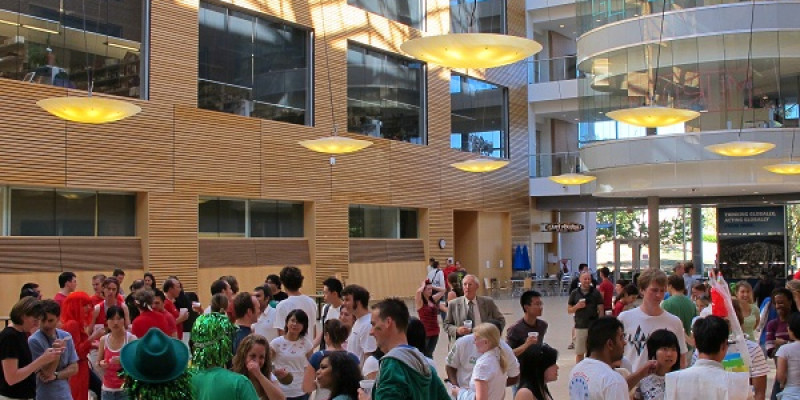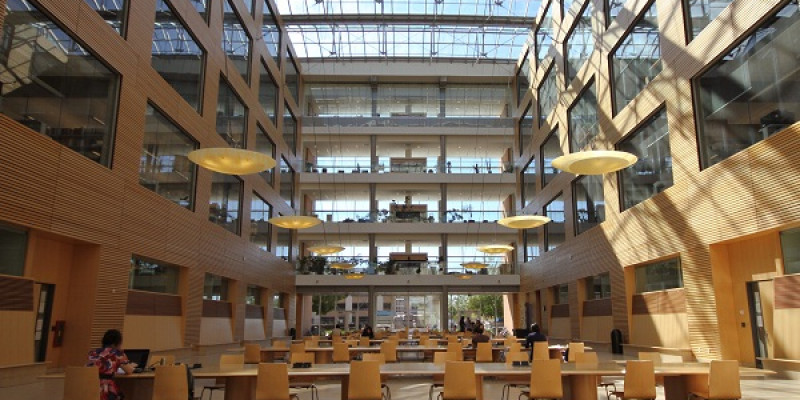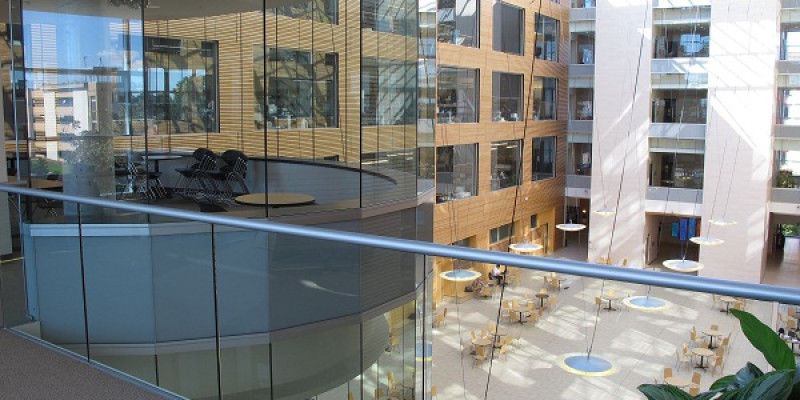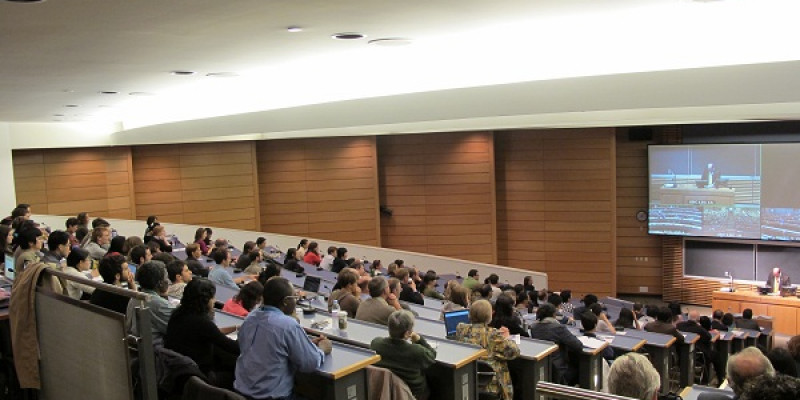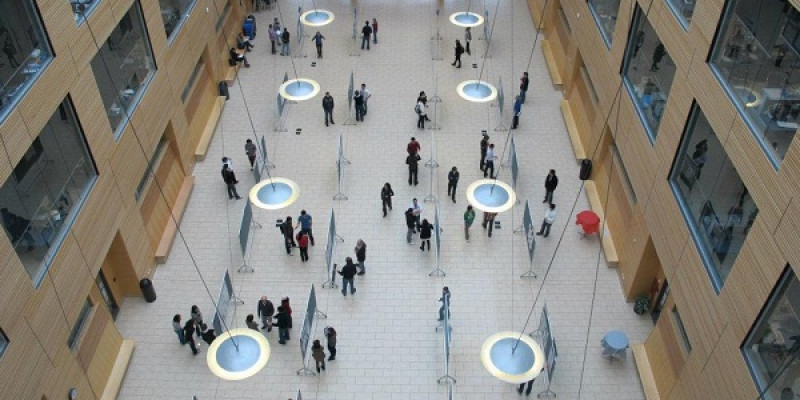The CELL Program is a multi-disciplinary, cross-Department graduate program that provides an exceptional environment for leading-edge study and research in cell and developmental biology. The Program is administered through the Life Sciences Institute (LSI), Canada’s largest Institute for life science research which houses over 80 laboratories conducting internationally recognized research in areas such as cell and molecular biology, cancer biology, diabetes and microbiology & immunology. The LSI is also the home of the BC Personalized Medicine Initiative, which fosters large collaborative projects between LSI investigators and the clinical community with the objective of changing clinical practice. CELL Program faculty and students also conduct research at hospital-based research Institutes and Centres, including the BC Cancer Research Centre, the Biomedical Research Centre, the Centre for Brain Health, the BC Children’s Hospital Research Institute, the Centre for Molecular Medicine and Therapeutics,and the Centre for Macular Research. All of these Institutes and Centres offer highly collaborative research environments and provide outstanding facilities and resources to the ~ 70 graduate students who call the CELL Program home. Given the number of researchers associated with the CELL Program and their varied Departmental and Faculty affiliations, the potential range of research topics available to students in the Program is very large.
All students engage in original and in-depth thesis research under the supervision of a faculty member and the great majority of students take graduate level courses that are offered by CELL Program faculty and by our colleagues across UBC. Students are also encouraged to attend journal clubs, research seminars and other scientific events. Many of our students gain teaching experience and participate in outreach events that engage high school students and the public at large in exploring the world of science. Workshops and other events specifically designed for graduate students are offered frequently; topics include preparing scholarship and grant applications, scientific publishing, teaching, leadership and career development. About 25% of our students are from countries other than Canada and UBC provides a wide range of resources to assist international students with the transition to life in Vancouver.
Why choose the CELL Program at UBC?
- A modern, flexible program designed to accommodate the diverse backgrounds of students and the broad nature of research in cell and developmental biology.
- Integrated, multidisciplinary, highly collaborative teaching and research.
- Faculty members internationally recognized for their contributions across the fields of cell and developmental biology.
- Collaborative research environment in modern laboratories with outstanding facilities, located at UBC and at hospital-based research Institutes and Centres.
- Modular graduate-level courses, designed to provide students with a critical understanding of the concepts, scientific fundamentals and methodologies central to contemporary cell and developmental biology.
- Minimum level of financial support for M.Sc. and Ph.D. students of $22,000 per year, with top-ups for students who receive scholarships.
- High success rate in scholarship competitions from CIHR, NSERC, UBC, and others.
- International Partial Tuition Award for international students.
- Teaching Assistantship opportunities.
- Graduates well-prepared and highly competitive for the next step in their careers, whether in academia or in other sectors (e.g. biotechnology, health care, government, business, finance) where an in-depth knowledge of modern cell and developmental biology is required.
- A great place to live and study!
Comments from the External Review of the CELL Program (2011):
“This program has become an outstanding platform that allows cell biology to flourish at UBC by consolidating technologies, providing research and teaching opportunities, and enabling cutting edge training in domains highly relevant to human health and disease.”
“The science is being performed at or near the cutting edge and importantly, students and faculty have built a culture of collegiality and scientific excellence.”
“The program provides a rich intellectual environment for trainees.”
“Publications by students represent the cross-disciplinary nature of the program, ranging from specialist clinical domains, biophysics, and clinical genetics to high profile/high impact general journals.”
“The program currently boasts unique and exciting course offerings, covering a wide variety of current topics in cell biology and technical advances, with survey courses establishing common ground for students and then module courses provide students with more specialized insights. This format is an innovative strategy for providing the breadth required for meaningful studies in cell and developmental biology.”
